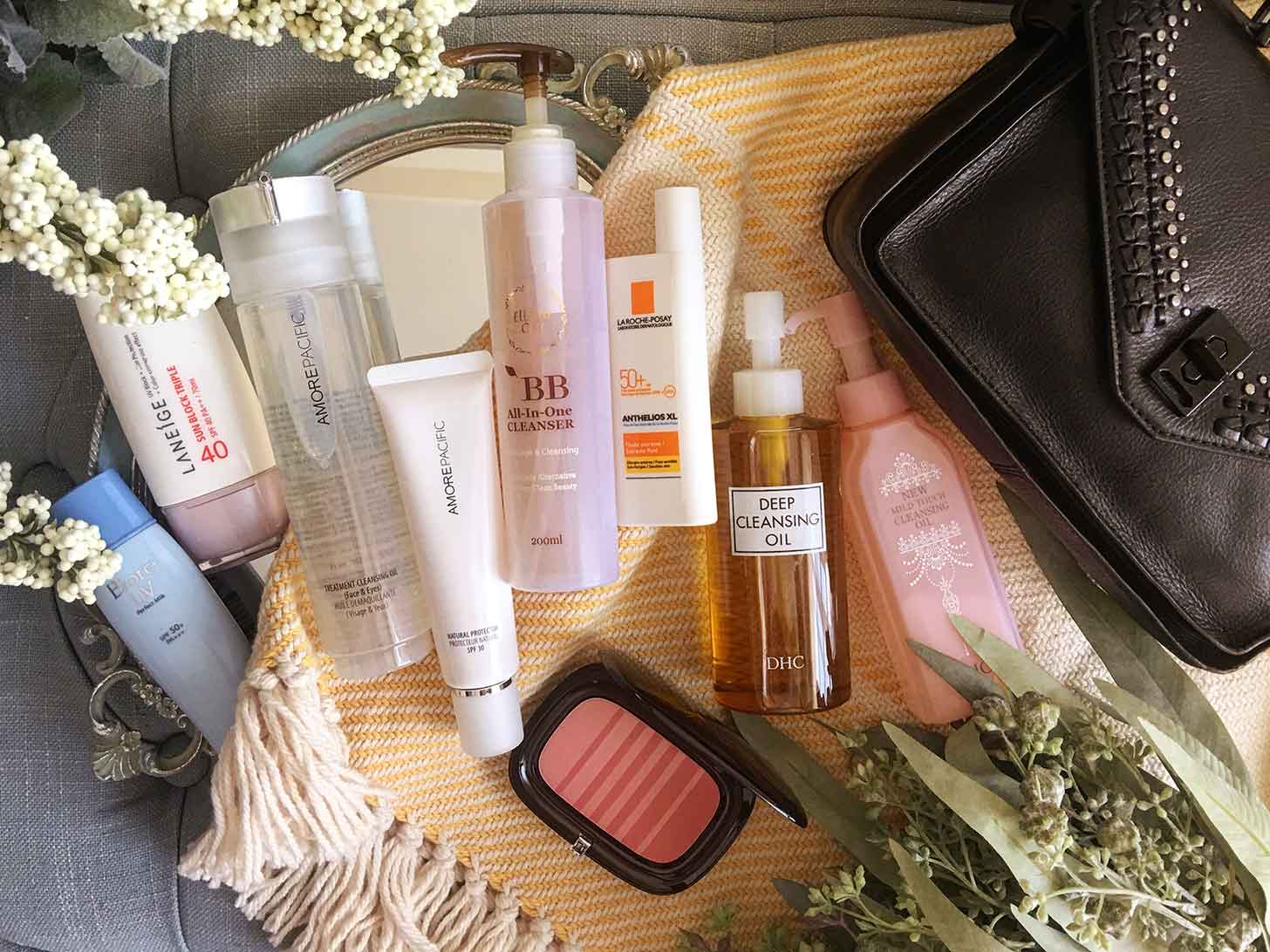As we step into sun-drenched days, the significance of sunscreen becomes more pronounced than ever. Protecting your skin from harmful UV rays isn’t just about avoiding sunburn; it’s about preventing long-term damage and reducing the risk of skin cancer. In this comprehensive guide, we’ll delve into the intricacies of sunscreen, from the basics of SPF to the nuances of UVA and UVB protection.
The Importance of Sunscreen
Sunscreen, often dubbed as the first line of defense against the sun’s rays, plays a crucial role in maintaining skin health. Its primary function is to shield the skin from the harmful effects of ultraviolet (UV) radiation, which can lead to various adverse effects, including premature aging and skin cancer.
Understanding SPF (Sun Protection Factor)
SPF, or Sun Protection Factor, is a measure of a sunscreen’s ability to protect the skin from UVB rays, which are primarily responsible for causing sunburn and contributing to skin cancer. SPF indicates how long it will take for UVB radiation to redden the skin when using the sunscreen compared to not using any sunscreen at all.
How SPF Works
A common misconception is that a higher SPF offers significantly greater protection. In reality, SPF works on a logarithmic scale. For instance, SPF 30 blocks around 97% of UVB rays, while SPF 50 blocks about 98%. Therefore, the difference in protection between SPF 30 and SPF 50 is minimal.
Different Types of UV Rays
UV radiation consists of UVA, UVB, and UVC rays. While the Earth’s atmosphere absorbs UVC rays, both UVA and UVB rays penetrate the atmosphere and can cause damage to the skin.
UVA Rays
UVA rays account for the majority of UV radiation that reaches the Earth’s surface. These rays penetrate deep into the skin, causing long-term damage such as wrinkles, premature aging, and an increased risk of skin cancer.
UVB Rays
UVB rays, on the other hand, primarily affect the outer layer of the skin. They are the primary cause of sunburn and are closely linked to the development of skin cancer.
Broad-Spectrum Sunscreens
To ensure comprehensive protection against both UVA and UVB rays, it’s essential to opt for broad-spectrum sunscreen. These formulations are designed to block or absorb a broad range of UV radiation, offering more comprehensive protection compared to sunscreens that only target UVB rays.
Choosing the Right Sunscreen
When selecting a sunscreen, there are several factors to consider, including SPF level, water resistance, and formulation type. It’s crucial to choose a sunscreen that suits your skin type and lifestyle to ensure adequate protection.
SPF Level
While SPF 30 is generally considered sufficient for everyday use, individuals with fair or sensitive skin may opt for higher SPF levels for added protection, especially during prolonged sun exposure.
Water Resistance
If you plan to engage in water activities or sweat heavily, water-resistant sunscreen is a must. However, it’s essential to reapply regularly, as even water-resistant formulas can wear off over time.
Formulation Type
Sunscreen formulations come in various forms, including lotions, creams, gels, and sprays. Choose a formulation that you’re comfortable with and that suits your skin type. Remember to apply an adequate amount to ensure proper coverage.
Sun Protection Beyond Sunscreen
While sunscreen is an indispensable tool in sun protection, it’s not the only measure you should take. Wearing protective clothing, seeking shade during peak sun hours, and avoiding tanning beds are also crucial steps in safeguarding your skin against UV damage.
Conclusion
In conclusion, understanding the nuances of sunscreen is key to effective sun protection. By grasping concepts such as SPF, UVA, and UVB, you can make informed choices to safeguard your skin’s health. Remember to apply sunscreen generously and reapply regularly, especially when spending time outdoors. With the right sun care routine, you can enjoy the sun safely while minimizing the risk of sunburn, premature aging, and skin cancer. Stay protected, stay informed, and embrace the sun responsibly.
Keep an eye for more latest news & updates on Antribune !



